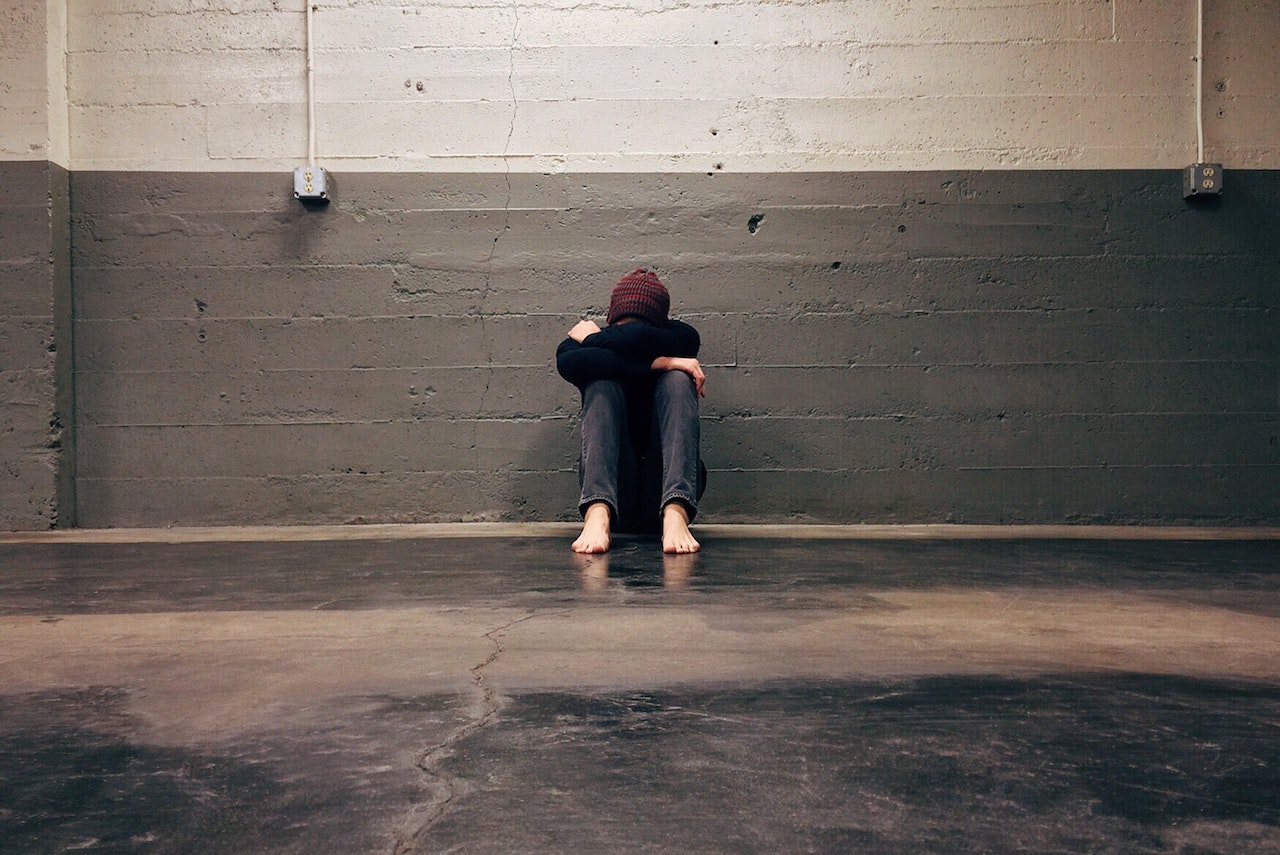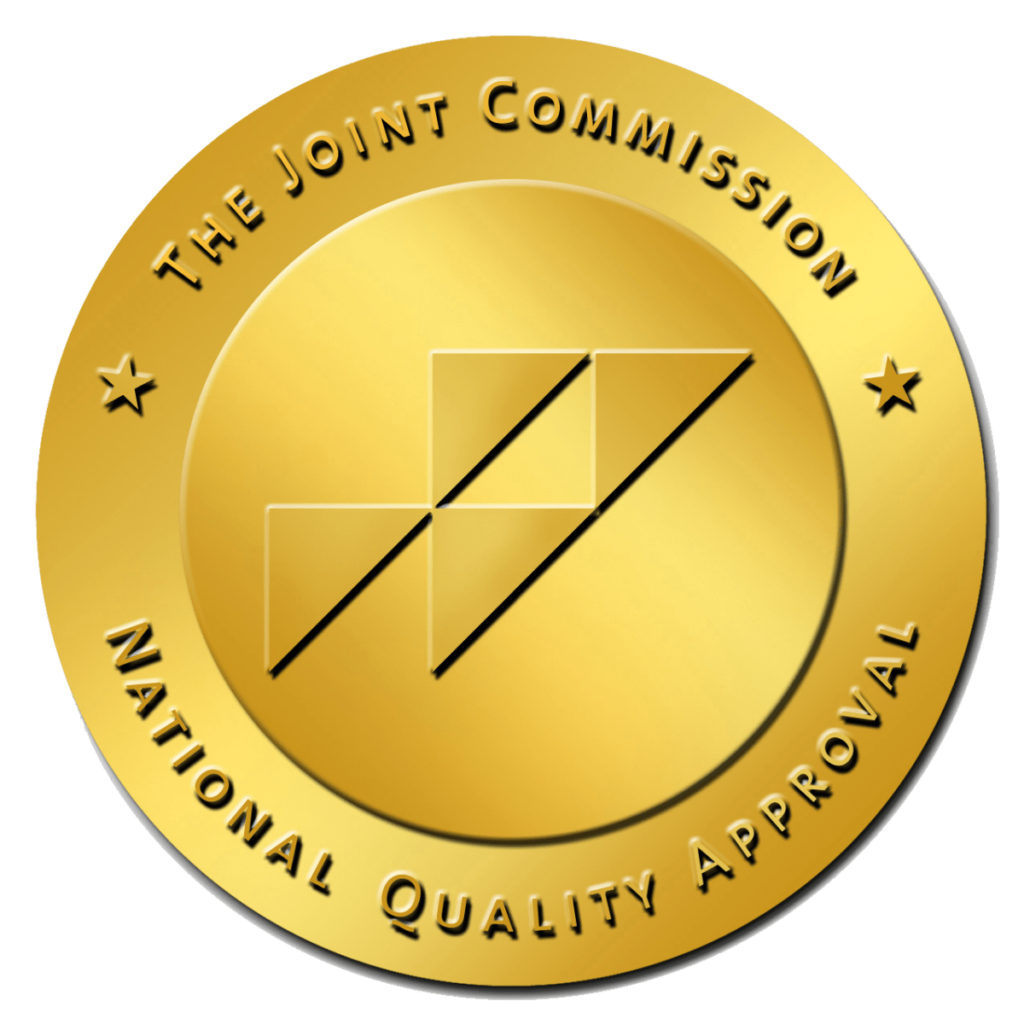Choose Facility
Blog & Resources

A guide to crisis intervention and how it can help you
Have you heard the term “crisis intervention” but aren’t quite sure what it means or how it works Whether you’re looking out for yourself, a loved one, or just want to be informed, this guide will help you understand the immediate steps professionals take to stabilize someone in a mental

No social media boundaries in relationships doom you for disaster
In today’s digitally connected world, social media has become an integral part of our daily lives. It’s a platform where we share our joys, sorrows, achievements, and even our love lives. While these platforms offer a unique way to stay connected with friends and family, they also come with their

What Are The Symptoms Of Obsessive Compulsive Disorder (OCD)?
It’s estimated that 1.2% of adults in the United States had OCD in the last year. Obsessive-Compulsive Disorder (OCD) is characterized by persistent, intrusive thoughts or images (obsessions) that cause anxiety, and repetitive behaviors or mental acts (compulsions) that are performed in response to these obsessions. OCD can have a

Schizophrenia Treatment Options: What You Need to Know
Schizophrenia is a complex and chronic mental health disorder characterized by a range of psychological symptoms, including hallucinations, delusions, and disordered thinking. This condition can profoundly affect an individual’s functioning and quality of life, making it crucial for those affected and their loved ones to understand the various treatment options

Bad Ways to Deal with Stress: How To Avoid Unhealthy Coping
Stress is an unavoidable part of life. Whether it stems from work pressures, personal challenges, or unexpected events, stress can take a toll on our mental and physical well-being if not managed effectively. We all have our own ways of dealing with stress, but not all coping strategies are created

Breaking Free: Identifying Toxic Parent Signs and Embracing Recovery
Toxic parenting—through a difficult subject—necessitates discussion. Parents, as key figures in our lives, significantly influence our development, behaviors, and perceptions of the world. However, not all parental behaviors foster a healthy and nurturing environment. In fact, some are decidedly harmful, causing long-lasting psychological wounds. This blog post explores the realm

Destigmatizing Mental Health: Breaking Barriers and Fostering Understanding
In today’s society, mentioning mental health often leads to discomfort and apprehension. Stigmas create fear, shame, and misunderstanding, hindering those who need support the most. Stigmatizing mental health disorders discourages people from seeking help due to the fear of judgment and discrimination. This in turn perpetuates a cycle of suffering

What Does Dual Diagnosis Mean?
Dual diagnosis, also known as co-occurring disorders, is a term used to describe the presence of both a mental health condition and a substance use disorder. This combination of diagnoses can be challenging to treat and requires a comprehensive approach that addresses both conditions simultaneously. If left untreated, co-occurring disorders

Megan Oliveira
Megan comes to Sierra Meadows with over a decade of experience working in strategic development and social impact in the non-profit, NGO, and foreign aid sector. She was a film producer at MSNBC and produced documentary and docu-series projects during her time there. Megan has a passion for helping underserved

Angie Nunez
Angie Nunez-Plascencia brings over a decade of experience to her role as a Business Development Representative. Hailing from the vibrant city of Los Angeles, Angie has made her mark in the business world, and has navigated intricate landscapes of various industries including her notable tenure in the dynamic world of

Lupita Olivares
Lupita holds a BS in Criminology with an emphasis in Forensic and Behavioral Sciences. Lupita came to Sierra Meadows with nearly a decade of experience managing referrals and counseling in the mental health field working with both adults and adolescents. She was a SUD counselor at Aegis for four years

Why Should Families Consider Intensive Outpatient Programs?
Intensive outpatient programs (IOPs) allow patients to receive intensive therapy without staying in a residential facility. IOPs are designed to help individuals struggling with substance abuse, mental health disorders, or behavioral health issues receive the care needed. However, they will still maintain their daily responsibilities, such as work or school.

6 Benefits of Outpatient Treatment for Mental Health Issues
Our mental health indicates how well we can cope with daily stresses, challenges, and demands. Consequently, it influences how we think, feel, and behave daily, ultimately affecting our overall well-being. If deteriorating mental health is left unchecked, a person may experience long-term negative consequences, including mental health disorders, physical health

Mental Health and Behavioral Health: What Are the Differences?
Mental health and behavioral health are two terms that are often used interchangeably, but they are not the same. Although both are related to a person’s well-being, they have different meanings, approaches, and implications. Understanding the difference between mental and behavioral health is crucial for individuals, healthcare providers, and policymakers

Telltale Signs of a Toxic Family that You Must Not Ignore
Despite popular belief, the idea of the perfect family is often a misconception. An ideal family is often thought to be full of happiness, stability, and unity. However, the reality is that there is no such thing as a perfect family. Every family has unique flaws, struggles, and imperfections that

How Does Someone Start Developing an Eating Disorder?
Eating disorders are serious mental health conditions that can have a devastating impact on a person’s life. People with eating disorders are not trying to garner attention; they are not choosing to battle a life-altering mental health condition. Eating disorders are serious, life-threatening illnesses. How Eating Disorders Begin People who

4 Anxiety Symptoms That Can Impair Your Relationships
Anxiety is no walk in the park. Anxiety impairs a person’s ability to function normally. It can lead to various physical and emotional symptoms such as difficulty concentrating, restlessness, fatigue, irritability, muscle tension, difficulty sleeping, and difficulty controlling worrying thoughts. It can also limit their ability to enjoy life, engage

Mental Health Matters: The Importance of Men’s Mental Health
Our mental health is vital to our overall well-being because it affects our thoughts, feelings, and actions. For this reason, everyone is encouraged to do what they can to maintain good mental health. However, many things can overwhelm one’s feelings, and leaving these feelings unchecked can lead to severe mental

10 Advantages of Considering Structured Outpatient Treatment
In recent years, outpatient treatment has become increasingly popular for treating various mental health issues. Structured outpatient treatment is an even more specialized treatment designed to help individuals manage their mental health symptoms and gain insight into the underlying causes of their problems. There are many advantages to considering structured

Top 10 Ways on How ADHD May Be Affecting Your Way of Life
Attention Deficit Hyperactivity Disorder (ADHD) is a common mental disorder that affects millions of individuals around the world. It is characterized by difficulty concentrating, impulsivity, hyperactivity, and inattention. Although it is often considered a childhood disorder, it can persist into adulthood. In fact, many adults with ADHD go undiagnosed and

The Advantage of Seeking Inpatient Rehabilitation Treatment
Inpatient rehabilitation is a form of treatment for substance abuse that provides full-time care in a non-hospital setting. It is typically used for severe addictions and is designed to provide 24-hour support. Most inpatient rehabilitation programs last anywhere from 30 to 90 days, depending on the severity of the addiction.

What Are the Different Types of Anxiety Disorders?
Anxiety is a common and natural reaction to stressful situations. It can be helpful as it can make us aware of potential risks and help us to stay focused and alert. Anxiety disorders are more serious than just feeling nervous or anxious. They involve excessive fear or worry and can

Behavioral Health: What Is It and Why Is It Important?
Behavioral health is a topic of conversation that often gets swept under the rug, like those dust bunnies under the bed that you never want to deal with. It’s a subject that is often met with a lot of stigma and misunderstanding, yet it is an incredibly important aspect of

6 Tips for Being Supportive When Someone Has an Eating Disorder
Eating disorders are a serious form of mental illness that can have a tremendous negative impact on an individual’s life. So, if someone close to you is struggling with an eating disorder, it’s essential to be supportive and understanding. When someone has an eating disorder, it’s common to feel overwhelmed

6 Notable Benefits of Professional Couples Therapy
Couples therapy is a type of psychotherapy that focuses on helping couples of all kinds improve their relationships and work through issues. It can be a powerful tool for healing and strengthening relationships. We understand if you need more information on this. In this article, we’ll explore six notable benefits

What Makes Diagnosing Bipolar Disorder So Challenging?
Bipolar disorder is a mental illness that is characterized by periods of extreme highs and lows in mood and energy levels. The exact cause of bipolar disorder is unknown, but it is believed to be a combination of genetic and environmental factors. While the symptoms of bipolar disorder can be

